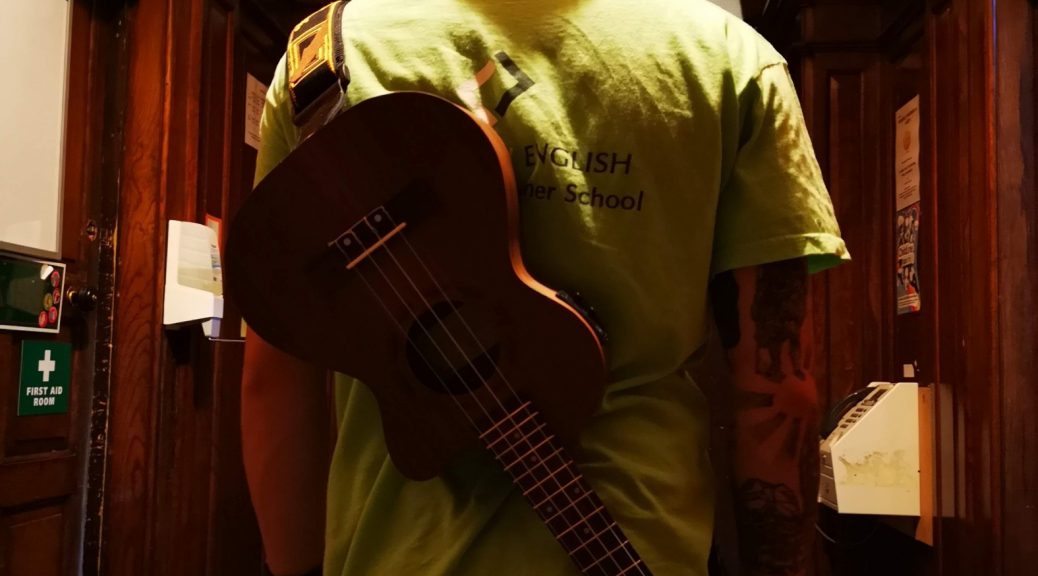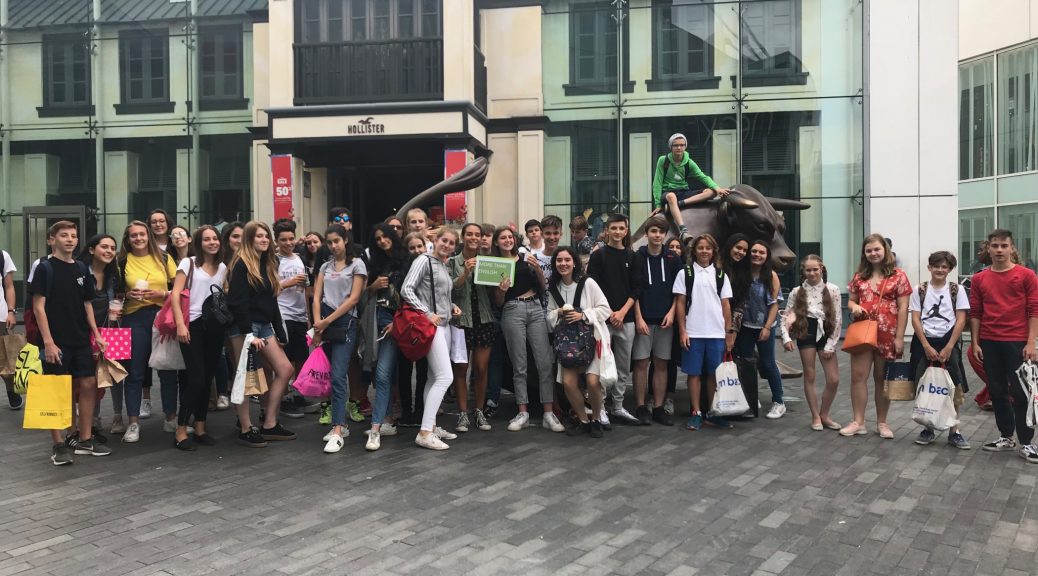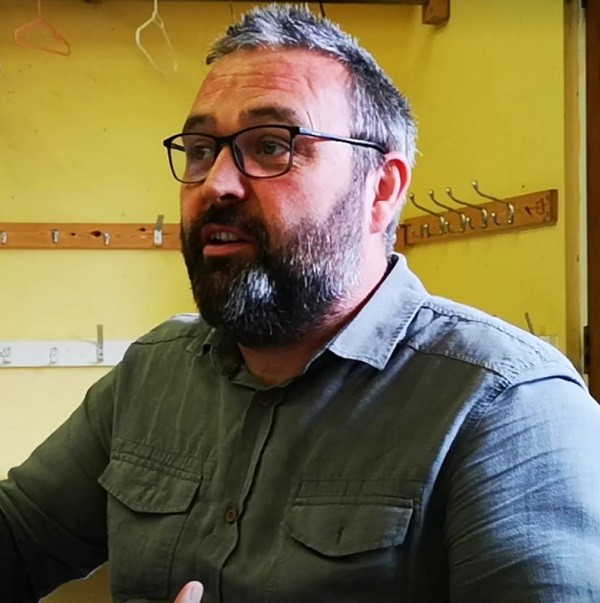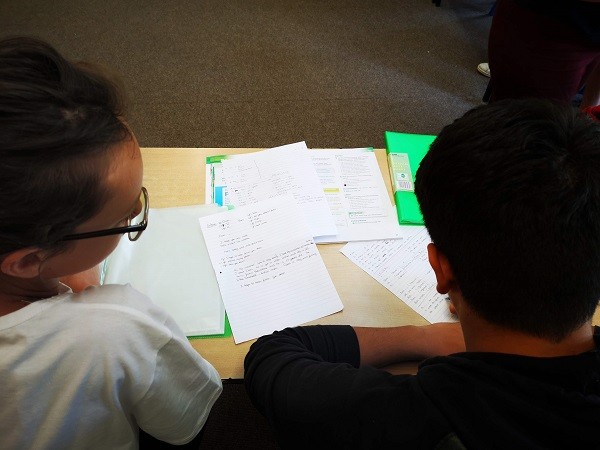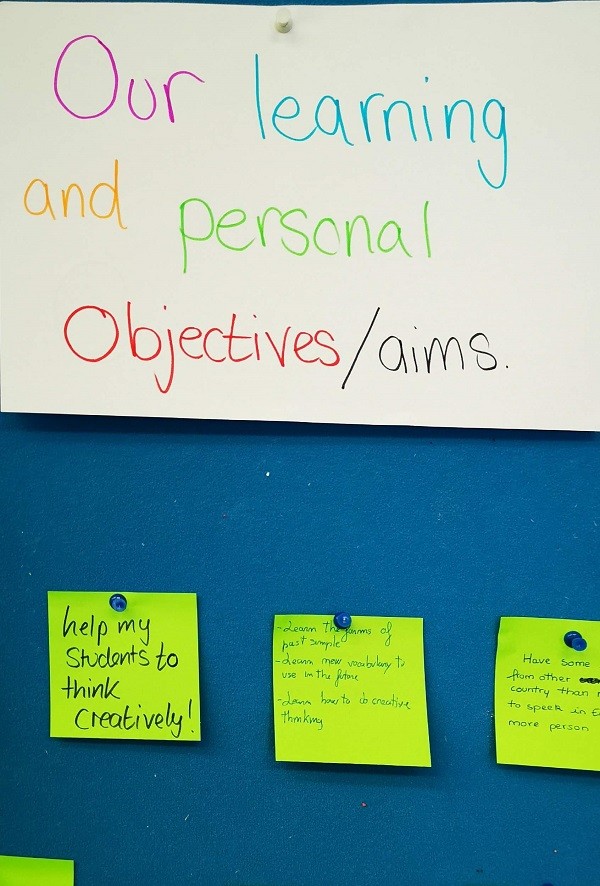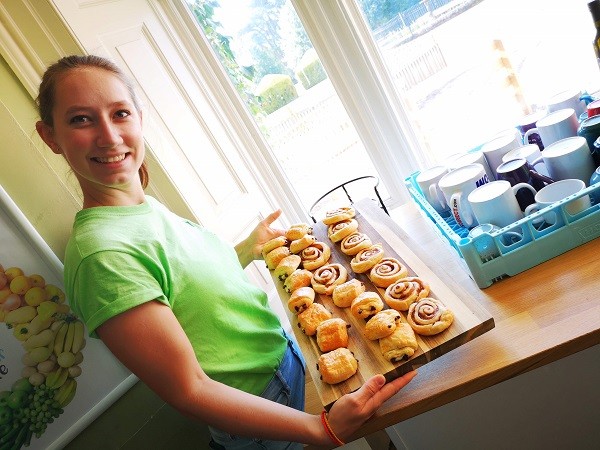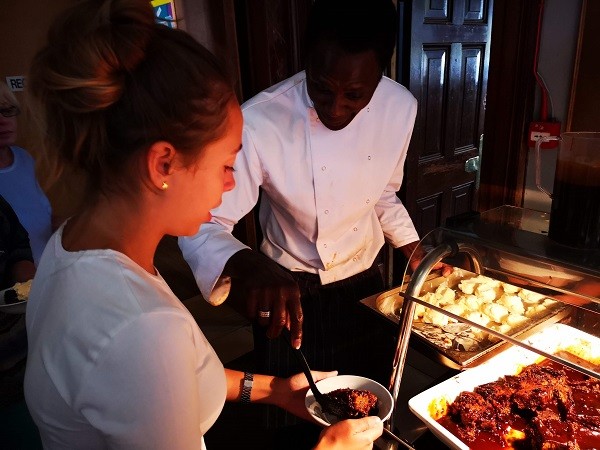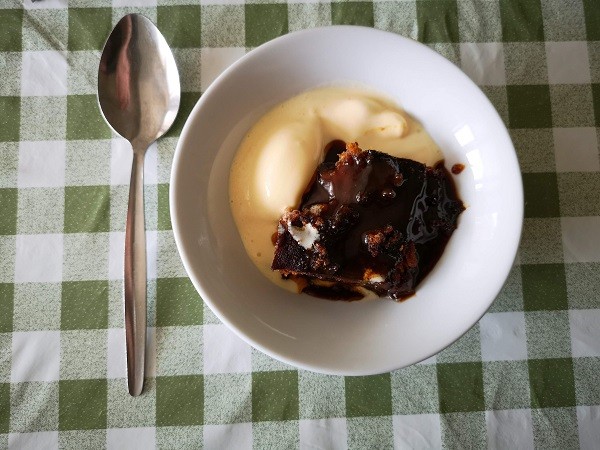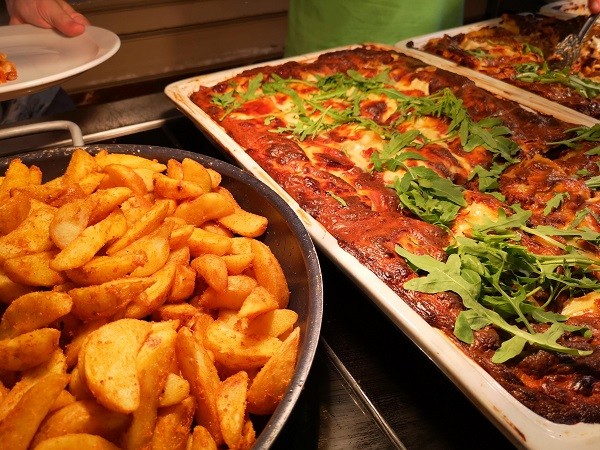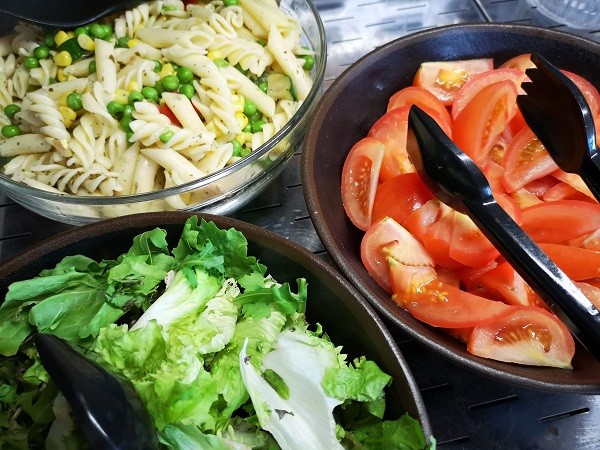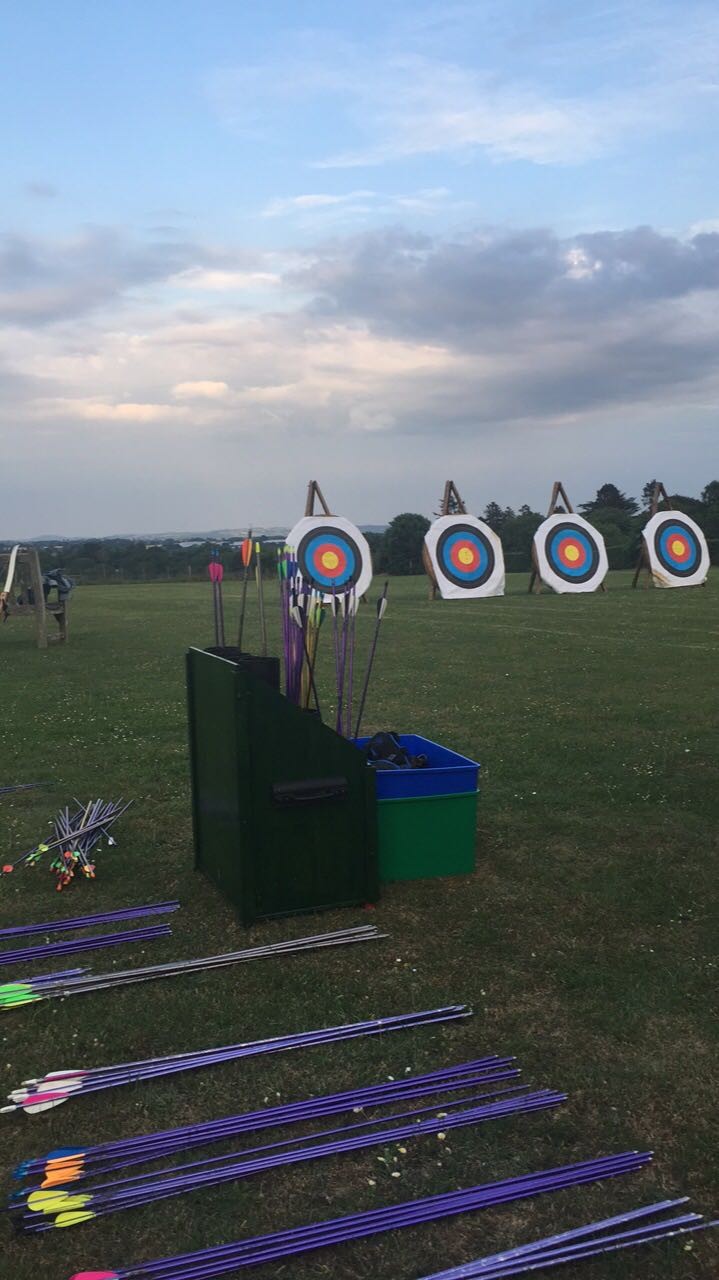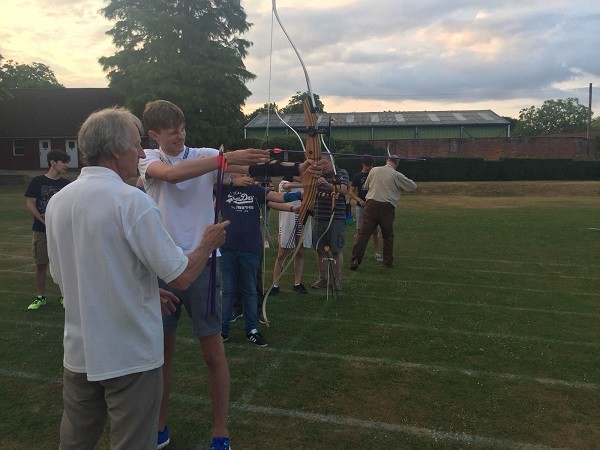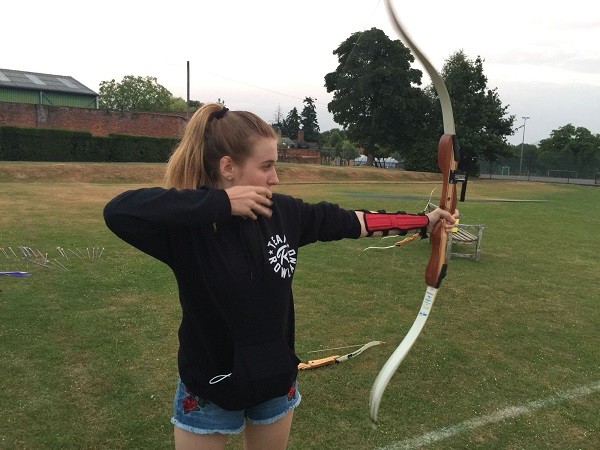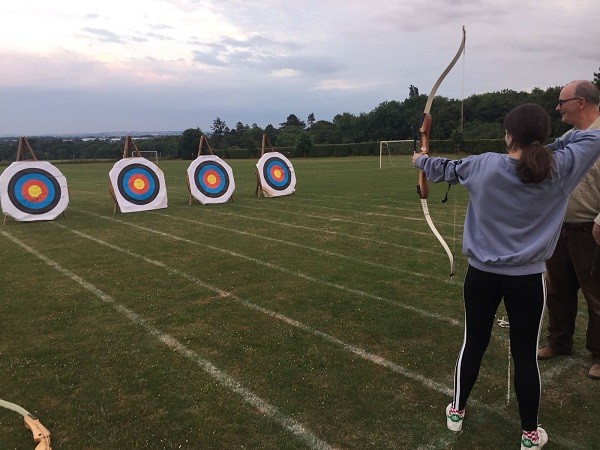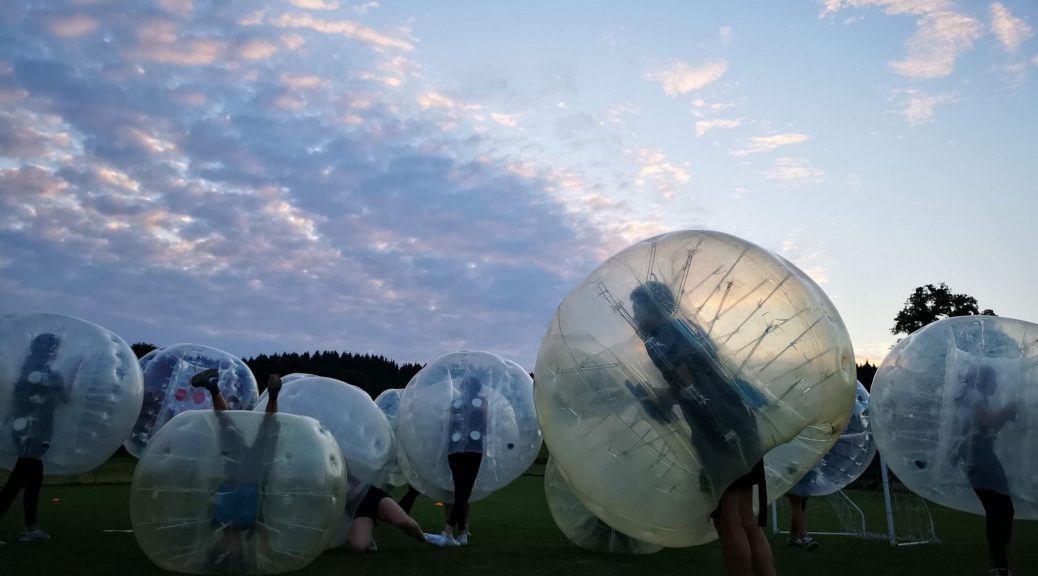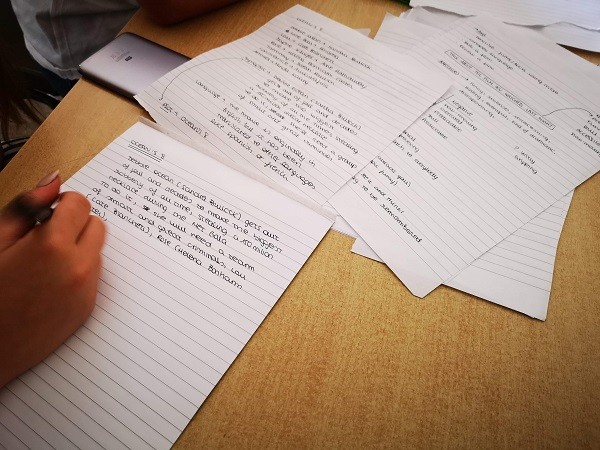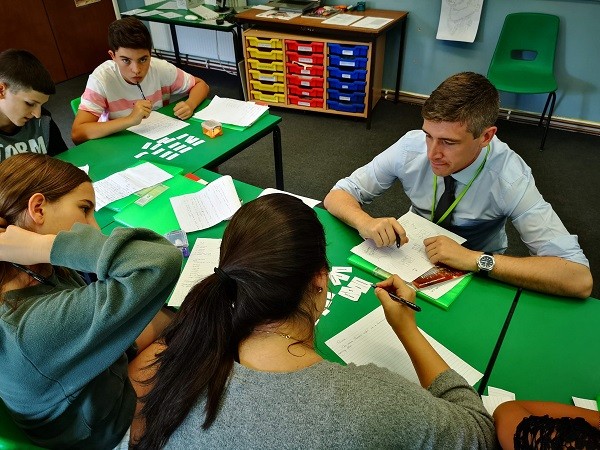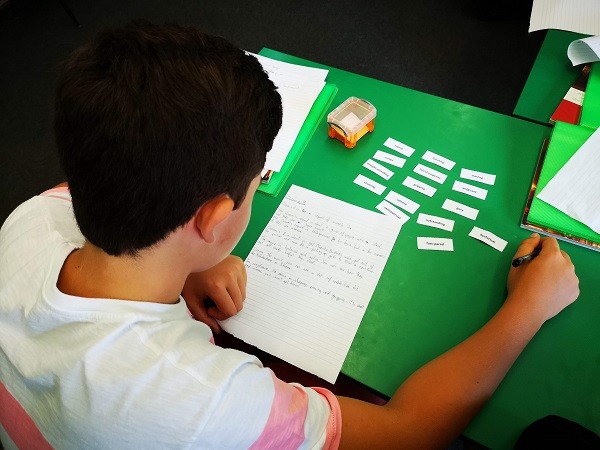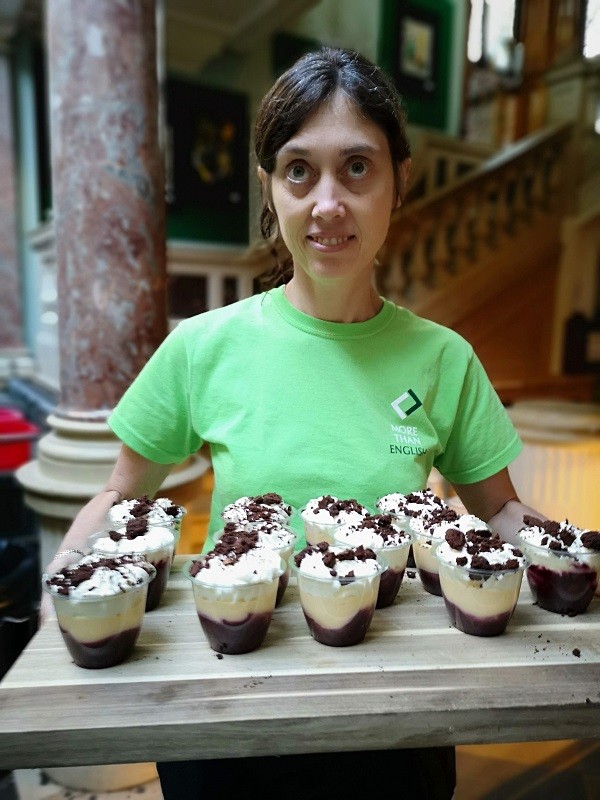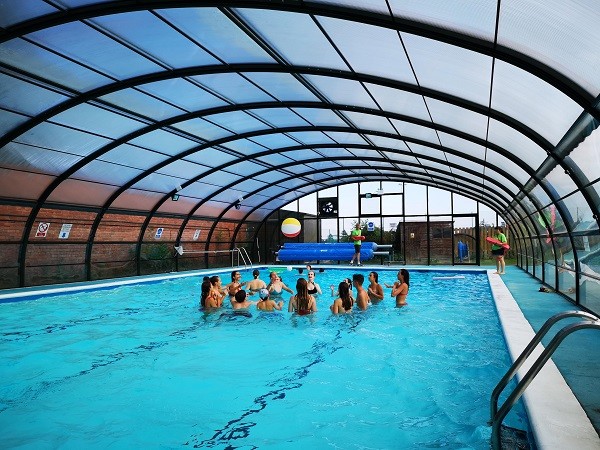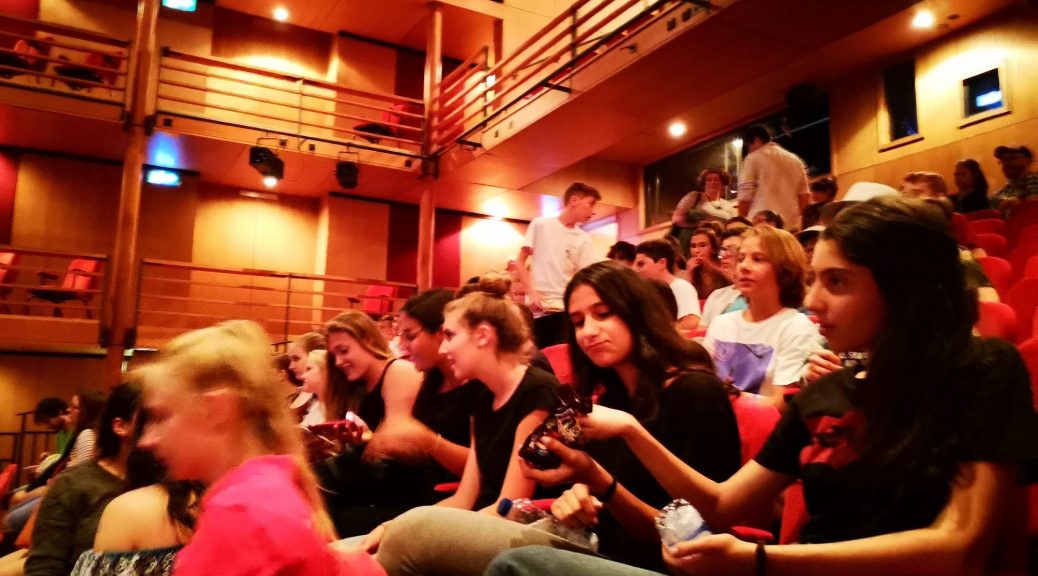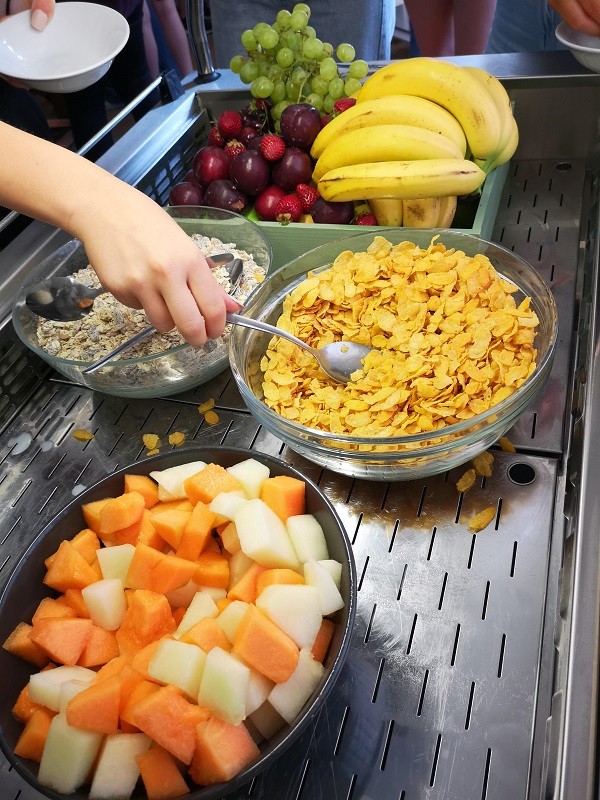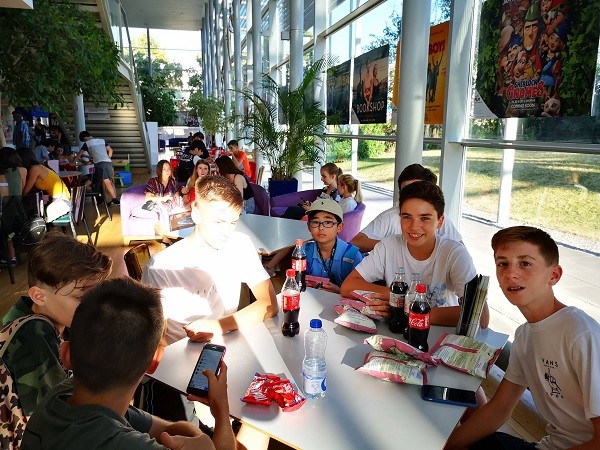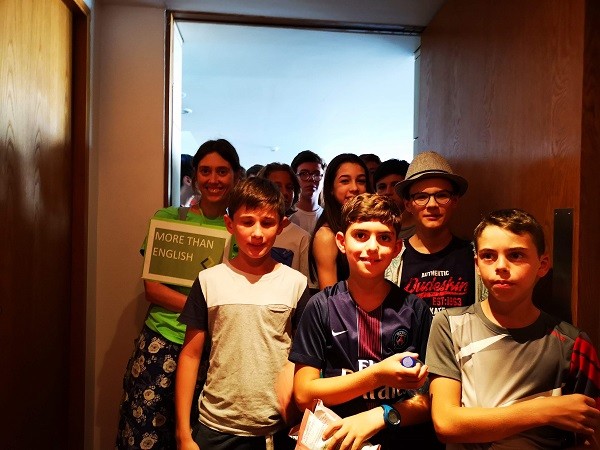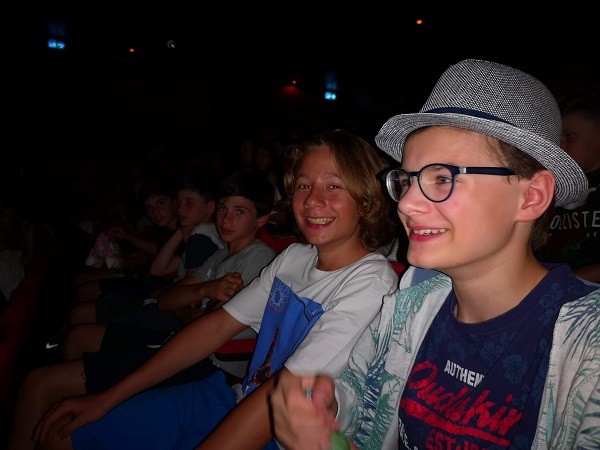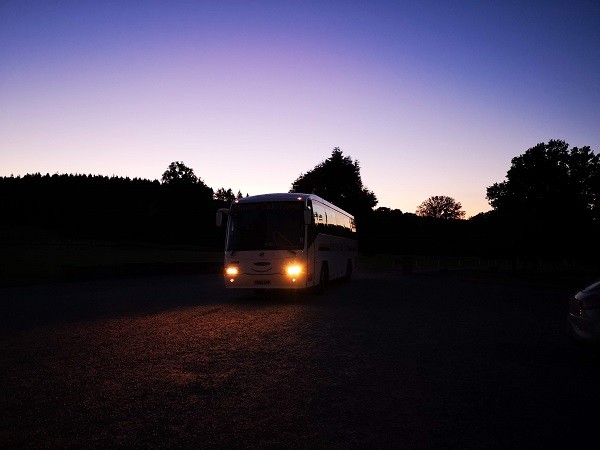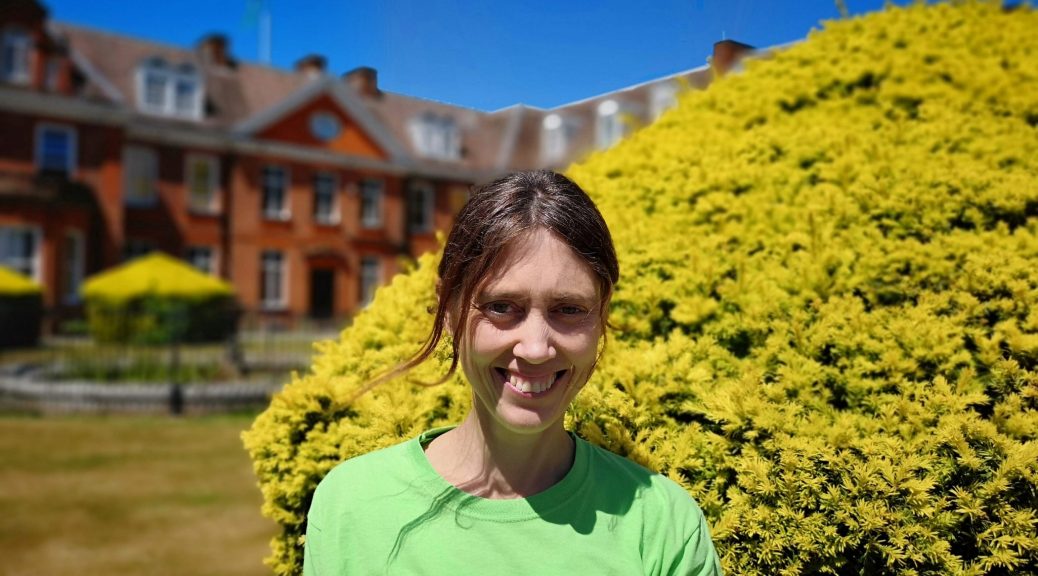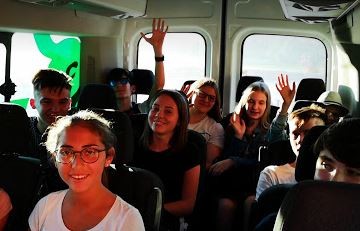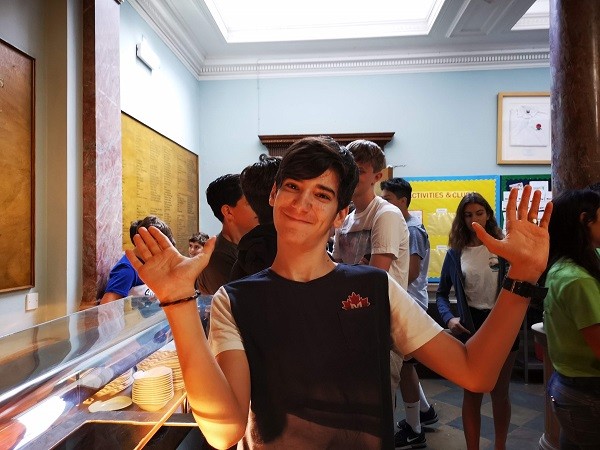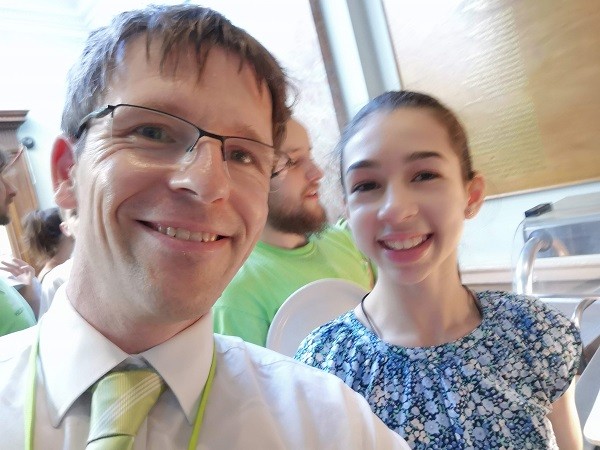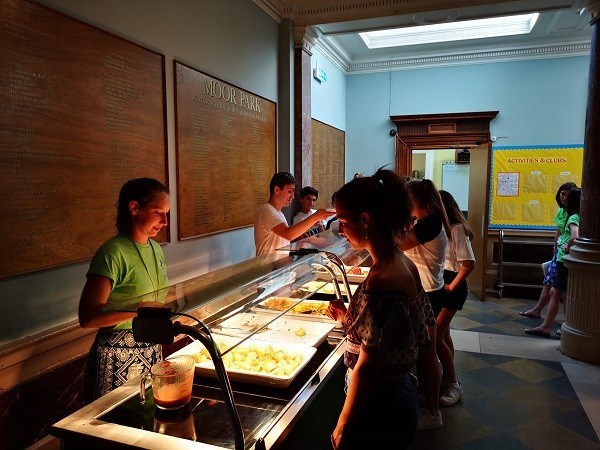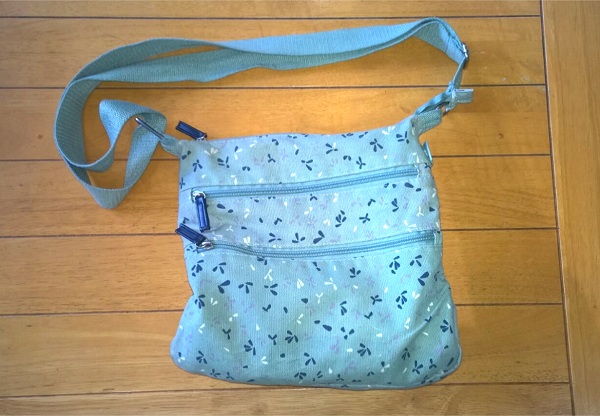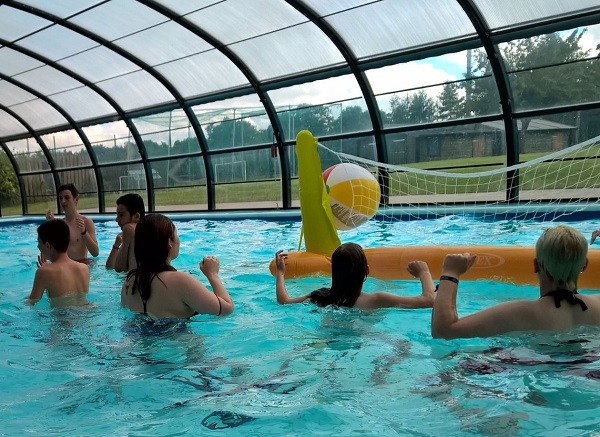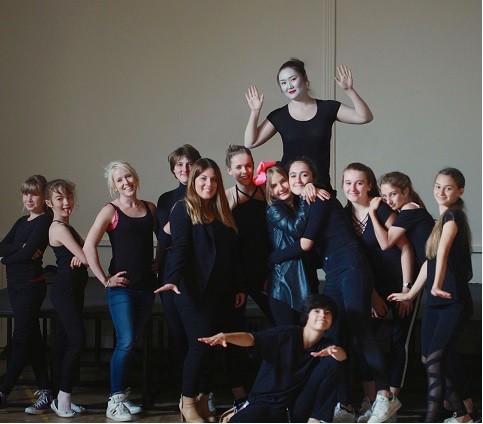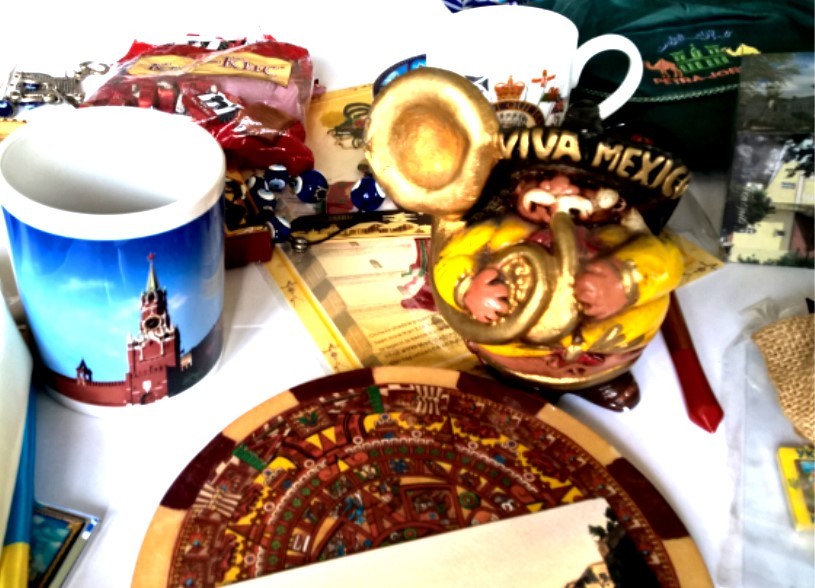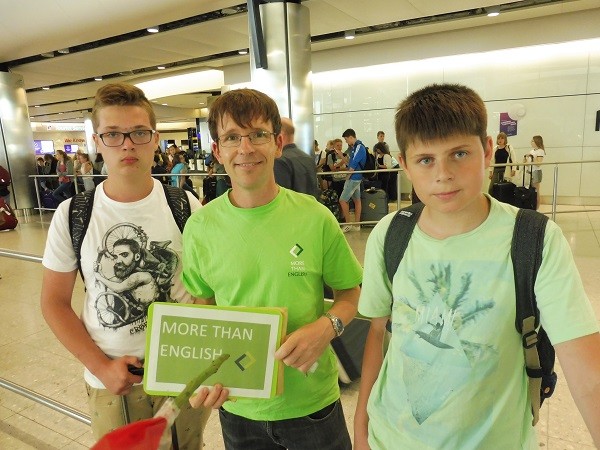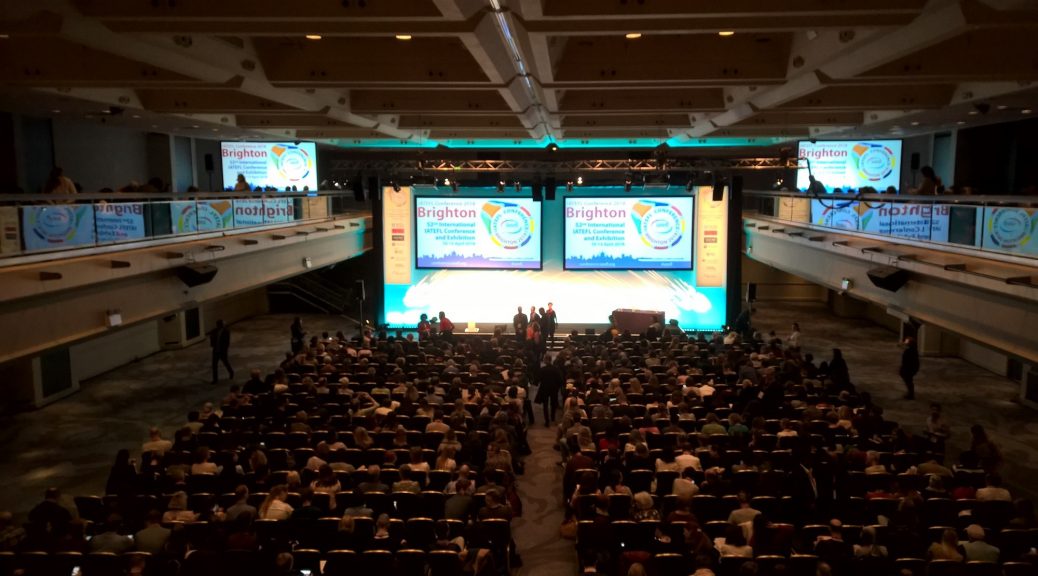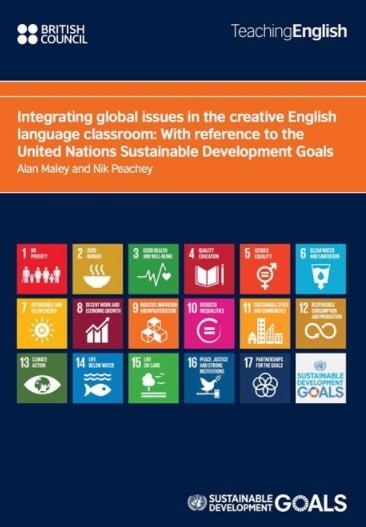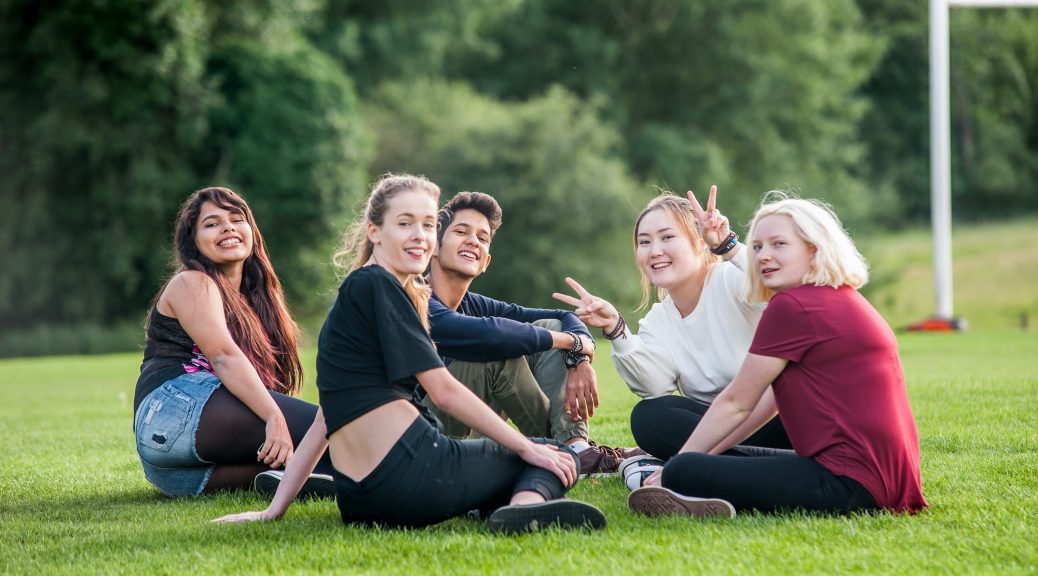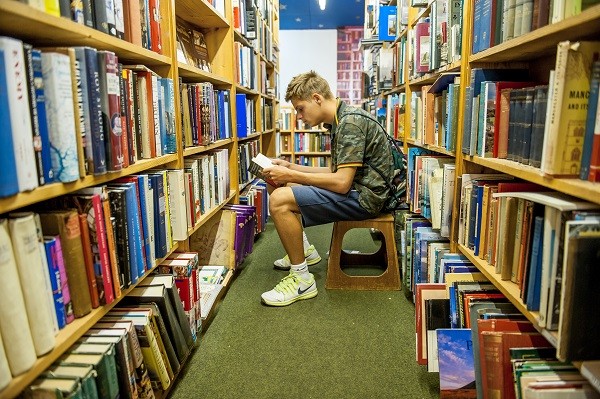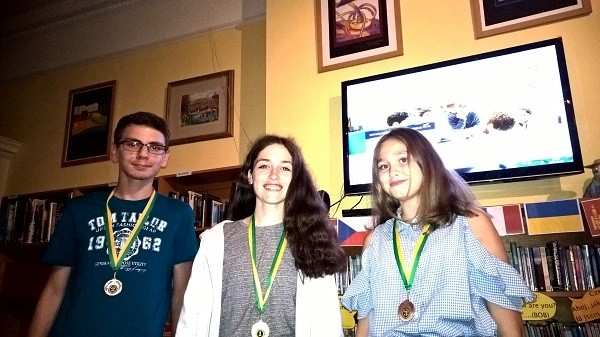It’s Day 5 and everyone is getting to know each other really well now. Today is Guest Speaker day.
Core English
Lesson 2 is for tasks. A task is when students do something with their English.
- Interview
- Design an event
- Create a video
- Presentation
- Conduct research
Here is mini-presentation on food trends in different countries:

Food
Speaking of food, travelling to a different country is all about trying new food.
Do you know what the most popular food in the UK is? More Than English manager David asks some students in the dinner queue:
Did you get the answer?
Answer:
<<< Curry >>>
Super creative Chef Paul cooked a mild chicken version and a spicier beef curry.
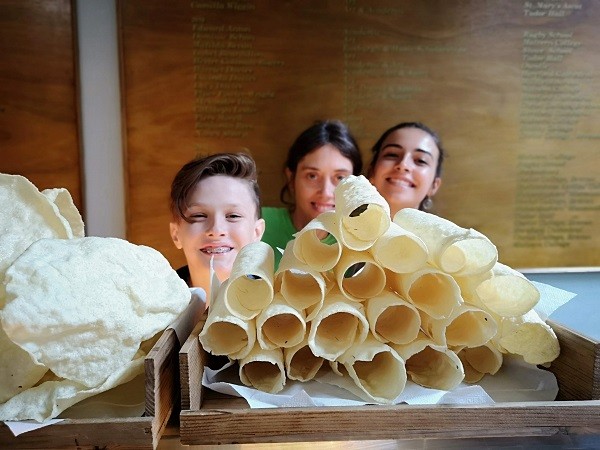

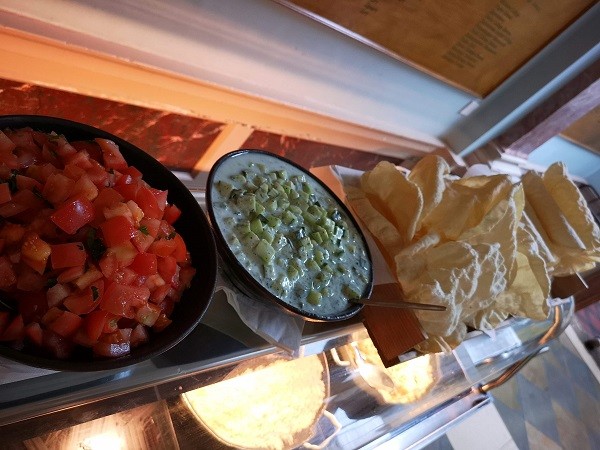
Lucia from Mexico: we’ll get you some extra chillies during our next trip to the supermarket. PROMISE!
For the evening meal, we’re having a traditional British meal: “Bangers and Mash”

Club Time – The GameZ
Two strange men carry water in a bin across the field.
What are they doing?
Why are they doing that?
5 minutes later
What is happening… over there?
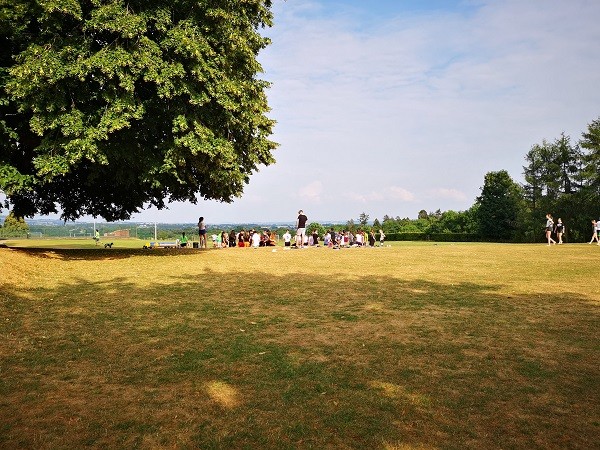
Answer: what is going on is The GameZ. Water, Sponges. Slides. Organised Mayhem!
What are the rules?
Sorry – that’s a secret.
Inspirational guest speaker
Antarctica

Summer school means space. Space for children to move. Space to think. Space to try new things and explore new directions.
Jonathan is an explorer and scientist who has worked in Antarctica for many decades.
In Part 1 of his talk, Jonathan explains the science behind climate change in Antarctica.
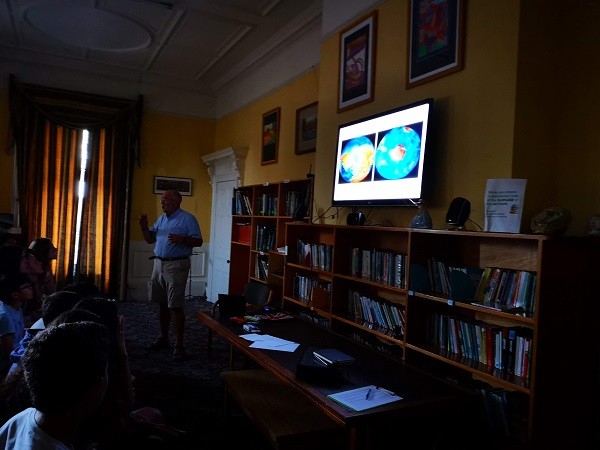
Antarctic explorer and scientist – Jonathan

In Part 2 he captures the students’ attention with his stories of living in a small one bedroom shack, hundreds of miles from other humans for 2.5 years with just three other scientists. They had to rely entirely on themselves. There was no one from the outside to help them. They fixed the shack. They cooked the bread. And when someone had toothache, they removed each others’ teeth using a basic book of dentistry to guide them.
Sometimes they fell out. Sometimes they argued. But in Antarctica, if you don’t help each other, you won’t survive. They had to learn to forget arguments.

Why do you think this is Jonathan’s favourite picture of Antarctica?
Jonathan told many stories including what they ate in order to consume 4500 calories a day; an 18 day whiteout; and meeting the Queen. And of course, don’t forget the penguins.
Most importantly, Jonathan emphasises to the students that he was just a ordinary person who chose to lead an extraordinary life.




